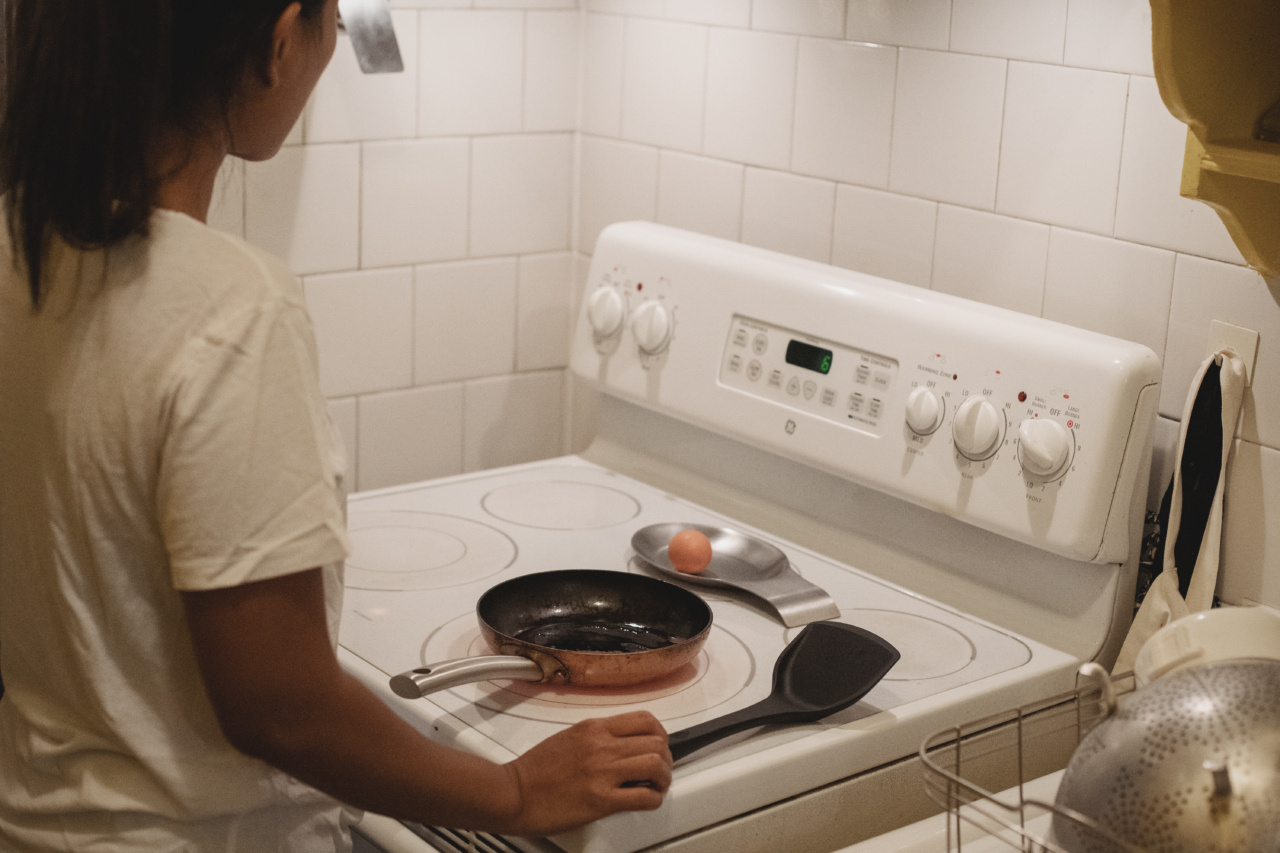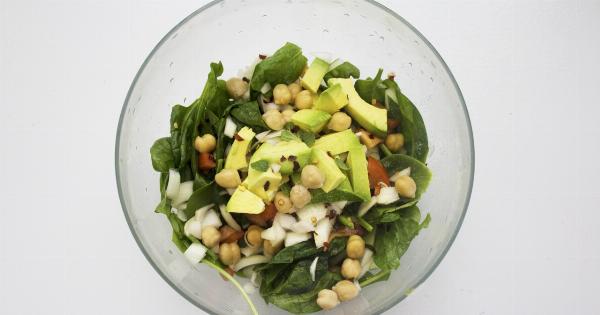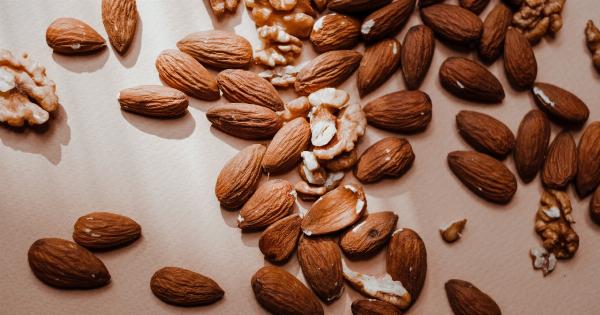Eggs have been a dietary staple for centuries, providing a good source of protein and essential nutrients. However, there is a belief held by some individuals that women who consume eggs regularly are weaker.
This perception is rooted in various cultural, historical, and physiological factors. In this article, we will delve into the reasons behind this belief and examine whether there is any scientific basis to support it.
The Cultural Perspective
Cultural beliefs and traditions play a significant role in shaping dietary habits and perceptions. In certain folklore, consuming eggs is associated with fertility and motherhood.
Since women are often considered the bearers of life, consuming eggs may be perceived as weakening their reproductive abilities. Additionally, in some cultures, eggs are associated with menstruation, and it is believed that their consumption during this time can have adverse effects on a woman’s health.
Historical Context
Throughout history, various misconceptions and superstitions have influenced dietary practices. One such belief is that consuming eggs can lead to a decrease in a woman’s vitality and strength.
This belief may have originated from the notion that eggs have a cooling effect on the body. In ancient Ayurvedic medicine, foods are categorized as heating or cooling, and it is believed that eating cooling foods can weaken the body.
This idea has persisted through generations, contributing to the belief that eggs can have similar effects on women.
Physiological Factors
There are certain physiological factors that contribute to the belief that women who eat eggs are weaker. One such factor is the misconception that eggs increase the production of estrogen in the female body.
Estrogen is a primary female sex hormone, and an imbalance in its levels can have various effects on women’s health. However, there is no scientific evidence to suggest that eggs directly affect estrogen levels in a way that would weaken women.
Additionally, some misconstrued studies have suggested a correlation between egg consumption and certain health conditions more prevalent in women, such as osteoporosis or breast cancer.
However, it is important to note that correlation does not imply causation, and these studies often fail to consider other lifestyle and dietary factors. The overall body of scientific evidence does not support the notion that eggs have a significant negative impact on women’s health or strength.
The Nutritional Value of Eggs
Contrary to the belief that eggs weaken women, they are actually a highly nutritious food that can contribute to overall health and well-being. Eggs are rich in protein, vitamins, minerals, and antioxidants.
They provide essential amino acids necessary for bodily functions and muscle growth. The nutrients present in eggs can support women’s health by promoting hormone synthesis, enhancing fertility, and strengthening the immune system.
Eggs also contain choline, a nutrient important for brain health and development. Choline plays a crucial role in neurotransmitter synthesis and can contribute to enhanced cognitive function.
These benefits are particularly relevant for women of childbearing age, as choline is essential for fetal brain development during pregnancy.
Debunking Myths: The Strength of Women
It is crucial to challenge and debunk the myths associating egg consumption with a woman’s weakness. Women are inherently powerful and resilient, and their strength is not diminished by their dietary choices.
Strength comes from a combination of physical and mental well-being, which can be influenced by various lifestyle factors including exercise, sleep, stress management, and overall nutrition.
Furthermore, women have excelled in various fields and achieved extraordinary feats, both historically and in the present day, despite consuming eggs or any specific dietary pattern.
Their strength and achievements speak volumes against any claim that consuming eggs weakens them.
Evaluating Individual Needs
Each person’s dietary needs and preferences are unique, and it is essential for women to make choices based on their individual requirements.
While eggs provide a host of nutritional benefits, some women may have allergies or dietary restrictions that prevent them from consuming eggs. It is important to seek advice from healthcare professionals or registered dietitians to ensure a balanced and adequate diet that meets individual needs.
The Empowering Choice
The belief that women who consume eggs are weaker is unfounded and does not align with scientific evidence or the achievements of women throughout history.
Women should have the freedom to make their dietary choices based on accurate information that considers their unique needs and preferences.
It is empowering to recognize that women’s strength lies in their resilience, determination, and the support they receive from their communities.
Instead of focusing on unsubstantiated beliefs, we should celebrate the accomplishments and strengths of women, irrespective of their dietary habits.
Conclusion
The belief that women who consume eggs are weaker stems from cultural, historical, and physiological factors. However, there is no scientific basis to support this perception.
Eggs are a highly nutritious food that can contribute to women’s overall health and well-being. It is important to dispel myths and empower women to make informed dietary choices that suit their individual needs.






























